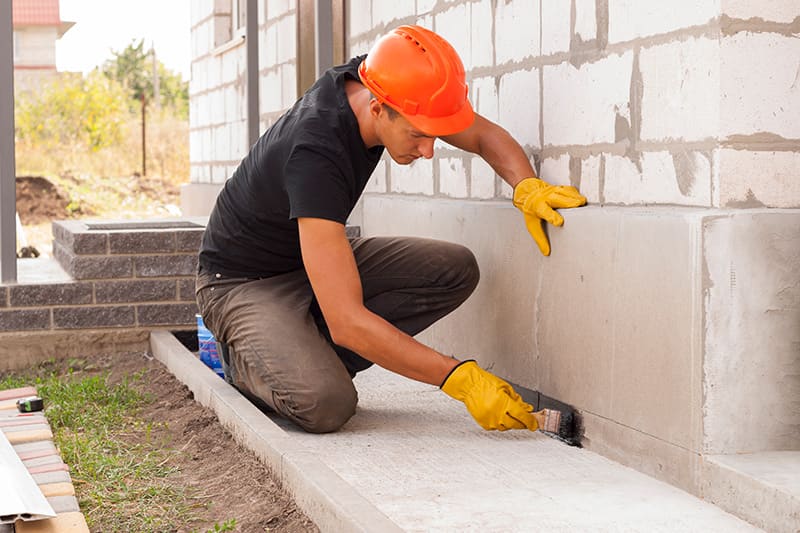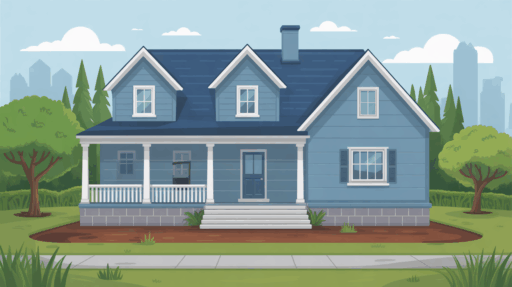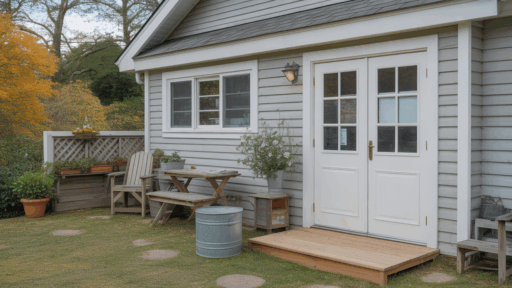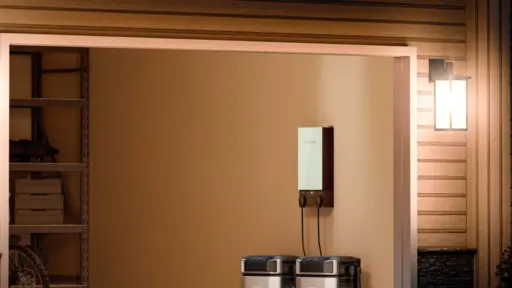Your home’s foundation is one of the most critical components of its structure. It’s literally what everything else rests on, and when something goes wrong, the effects can be widespread — from cosmetic damage to serious structural concerns.
Unfortunately, foundation issues are all too common, especially in areas with shifting soils or heavy seasonal moisture. The good news? Most problems can be managed effectively if caught early. Here’s what you need to know.
Common Causes of Foundation Problems
Understanding the causes of foundation issues is the first step in preventing them. One of the most frequent culprits is soil movement. Expansive soils, like clay, swell when they absorb water and contract when they dry out. This constant shifting puts pressure on foundations, often leading to cracks and uneven settling.
Poor drainage is another major cause. When water is allowed to pool near a home’s base — due to clogged gutters, poor grading, or heavy rainfall — it can weaken the soil and cause it to shift or erode. Similarly, tree roots can dehydrate the soil near the foundation, pulling out moisture and creating instability.
In some cases, foundation problems stem from construction issues, such as poor site preparation or low-quality materials. Homes built without properly compacted soil or adequate drainage systems are especially vulnerable.
Signs to Watch For
Foundation problems often start small and worsen over time. Keep an eye out for these early warning signs:
- Cracks in interior or exterior walls, especially around windows and doors
- Doors and windows that stick, won’t latch, or appear misaligned
- Uneven or sloping floors
- Gaps between walls and ceilings or floors
- Cracks in the foundation itself or in basement walls
These symptoms don’t always mean your home has a serious problem, but they are signals that something could be wrong. Early detection is key.
Why You Should Act Quickly

The sooner you address a foundation issue, the less expensive and invasive the repair is likely to be. A small crack might only require monitoring or sealing, but if left alone, it can grow and lead to significant structural damage, water intrusion, and even compromised plumbing lines.
Ignoring foundation issues can also impact your home’s value. Homebuyers are wary of foundation problems, and unresolved issues can make your property harder to sell.
What to Do if You Suspect a Problem
If you notice any signs of trouble, consult a professional. A qualified foundation repair specialist or structural engineer can assess the damage, determine the root cause, and recommend a targeted solution. Depending on the issue, repairs might include pier installation, slabjacking, soil stabilization, or improved drainage systems.
Preventative Maintenance Tips
To reduce your risk of foundation damage:
- Ensure gutters and downspouts direct water away from your home
- Maintain proper grading around your foundation
- Avoid planting large trees too close to the house
- Inspect your foundation regularly, especially after heavy rains or droughts
Final Thoughts
Foundation issues may sound intimidating, but with the right information and a proactive approach, they’re manageable. Regular maintenance, early detection, and expert help when needed will go a long way in protecting your most important investment — your home.








